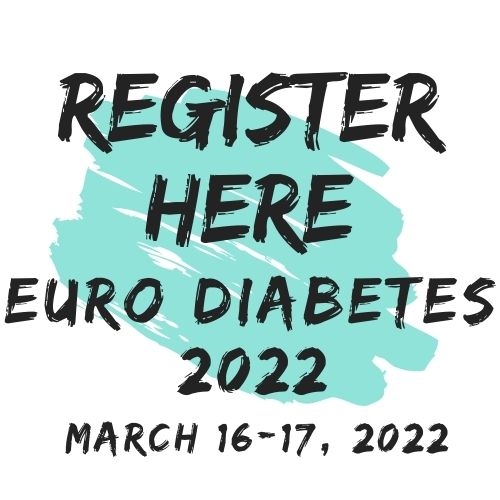Gloria Garavito De Egea
Universidad del Norte, Barranquilla, Colombia
Title: Autoimmune Tautology in a Caribbean Community: The Role of Common Genetic Variants in Type I Diabetes
Biography
Biography: Gloria Garavito De Egea
Abstract
The aetiology of Type I diabetes (T1D), an immune condition that leads to the destruction of pancreatic beta cells producing insulin, remains elusive. Previous studies suggest that genetic predisposition plays a role, with genome-wide association studies (GWAS) reporting associations to the HLA-DQA1, HLA-DQB1, and HLA-DRB1 genes. Here we studied a well-defined patient cohort diagnosed with T1D (n=25), Systemic Lupus Erythematosus (SLE, n=25) and Juvenile Idiopathic Arthritis (JIA, n=25) recruited in the city of Barranquilla, Colombia. Whole exome sequences of 75 patients were contrasted against a manually-curated list of previously reported genes predisposing to autoimmune diseases in worldwide populations. Single- and multi-locus linear mixed-effects models were used to identify T1D-associated genomic variants when contrasted to other phenotypes. Significant associations to T1D were harboured in genes related to biosynthesis of glycoprotein oligosaccharides, phospolipid binding, pancreatic adenocarcinoma, systolic blood pressure and fasting insuline, among others, including MGAT5 (PFDR=1.64x10-22), RUNX1 (PFDR=1.8x10-12), PSD3 (PFDR=8.1x10-12) and HLA-DBP2 (PFDR=2.18x10-9). Other significantly associated variants were harboured in the GRB2, GABRA2, CD86, KSR2 and EDEM3 genes. Interestingly, some of these variants were also present in individuals with SLE and AIJ. Sharing of these genomic variants by two or more autoimmune diseases provides supporting evidence towards the existence of the autoimmune tautology in this understudied population. Future studies are needed to evaluate their implication in the aetiology of T1D and their feasibility for developing Machine Learning to enable precision medicine tools for diagnosis and follow-up.

